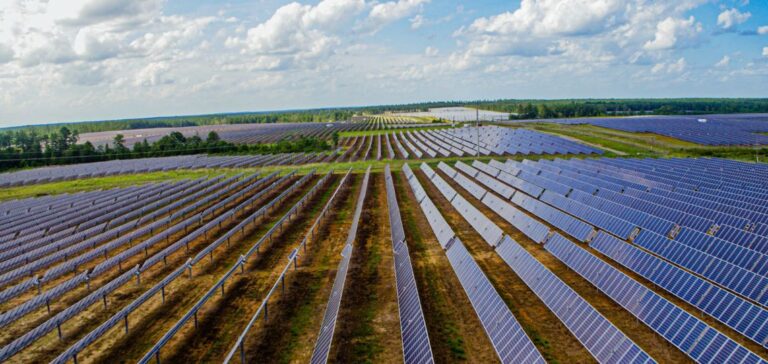Commercial operation of the Boa Sorte solar power plant is launched. With a capacity of 438 MW, it was developed through a partnership between renewable energy solutions providers Hydro Rein and Atlas Renewable Energy, as well as Albras, a joint venture owned by Hydro and Nippon Amazon Aluminium Co. Ltd (NAAC). With an installed capacity of 438 MW, Boa Sorte will generate around 920 GWh per year, the equivalent of powering more than 394,000 Brazilian homes.
Commitment to sustainability
“We are proud to achieve this impressive accomplishment for a solar project making a significant contribution to Hydro’s decarbonization journey in Brazil. Hydro Rein’s mission is to develop renewable energy solutions for more sustainable industries. That’s what we’re doing with Boa Sorte,” says Marcela Jacob, head of Hydro Rein in Brazil. Boa Sorte is the second large-scale solar power plant developed by Hydro Rein in Brazil. In early March 2024, Hydro Rein, together with its partners Scatec and Equinor, commissioned the Mendubim solar power plant in the state of Rio Grande do Norte. The Boa Sorte development was delivered on time and on budget, and also illustrates Hydro Rein’s commitment to ambitious sustainability standards such as the International Finance Corporation Performance Standards (IFC PS) and the Equator Principles.
The 438-megawatt (MW) Boa Sorte solar complex will supply renewable energy to Albras, Brazil’s largest producer of primary aluminum. The solar power plant will supply around 12% of Albras’ total energy consumption, under a 20-year power purchase agreement (PPA) from 2025 to 2044.






















